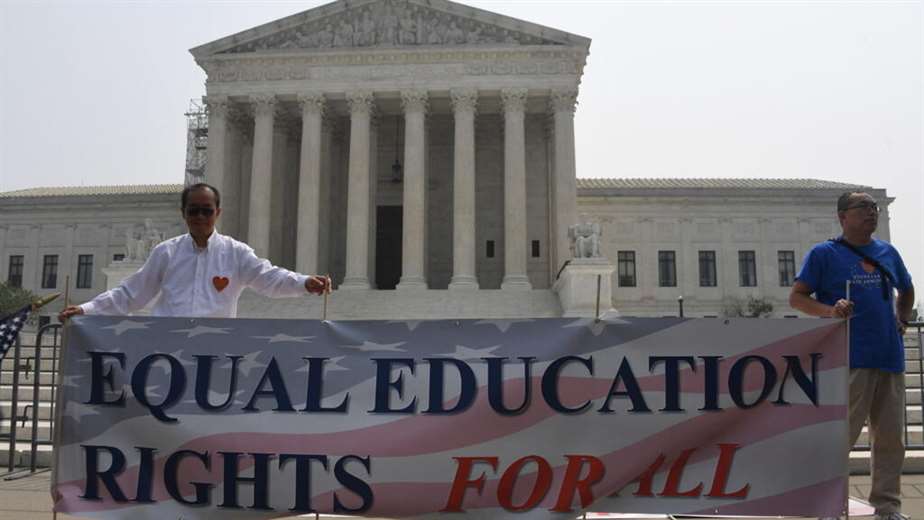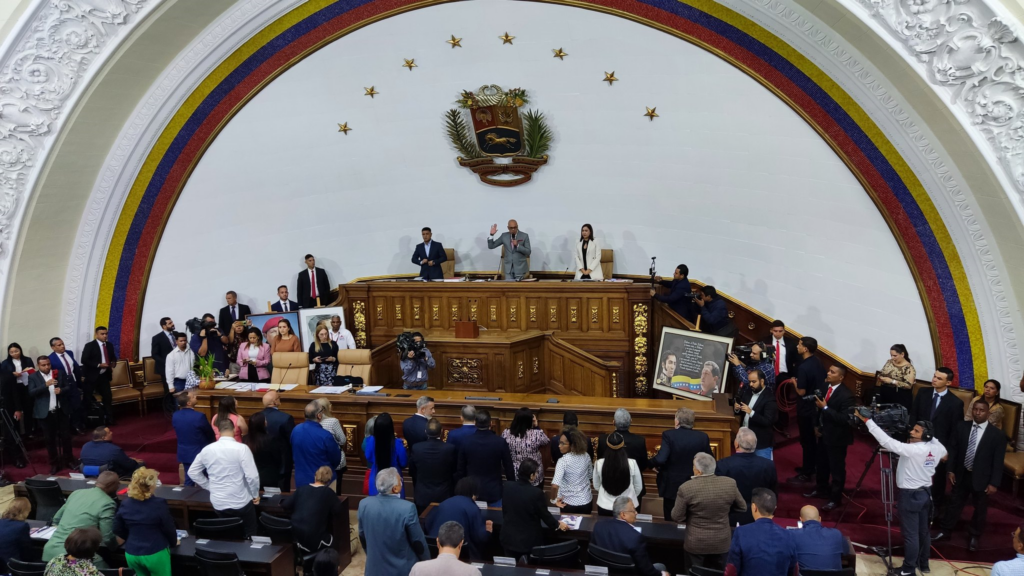
June 30, 2023, 7:28 AM
June 30, 2023, 7:28 AM
The judges of the Supreme Court of the United States decided this Thursday to end the positive discrimination in universities, considering it a violation of the guarantees of equality. The mechanism had been used for decades in order to achieve greater diversity in educational institutions.
With our correspondents in Washington, Christopher Vasquez and Guillaume Naudín.
The Supreme Court ruled this Thursday, June 29, that accepting students at Harvard University and the University of North Carolina based on race was illegal.
The vote was six to three, in line with the ideological positions of the magistrates of the Court. The decision could limit affirmative action at colleges and universities across the country, a policy that has been a mainstay of higher education in the United States for more than 40 years. USA.
The point, Justice John Roberts said, was that students should be individually evaluated and should be treated based on their experiences as individuals, not on the basis of their race.
The 267-page text urges the public and private universities to use criteria other than ethnicity in their admission programs to guarantee the diversity of students: criteria such as financial resources or the geographical origin of the candidates.
However, according to liberal analysts, by denying race as a factor in achieving educational diversity, the court virtually guaranteed that the student populations on the campuses of elite institutions become more white and Asian, and less black and Latina. The effects against educational diversity that could be easily transferred to the labor market.
“They want to push us back”
“Our leaders want to push us back, by suppressing racial issues in education in several states, ending constitutional rights to abortion or restricting the right to vote. So this Supreme Court decision doesn’t surprise me. I don’t think universities can be trusted to fairly choose their students,” Taneisha Fair, an African-American student, tells RFI in Washington.
For Philippe Carter, professor of English at the University of Florida (FIU), “it is a very sad decision.” The professor points out that other unfair factors remained, such as “admissions by inheritance.” “If your grandfather, if your great-grandfather, if your great-grandfather was admitted to Harvard, they can privilege you as a student. These students are usually white because 70 years ago they did not admit African-Americans or Latinos ”, he highlights.
Universities “must not abandon their commitment to ensuring that students have diverse experiences that reflect the entire country,” he added.
















